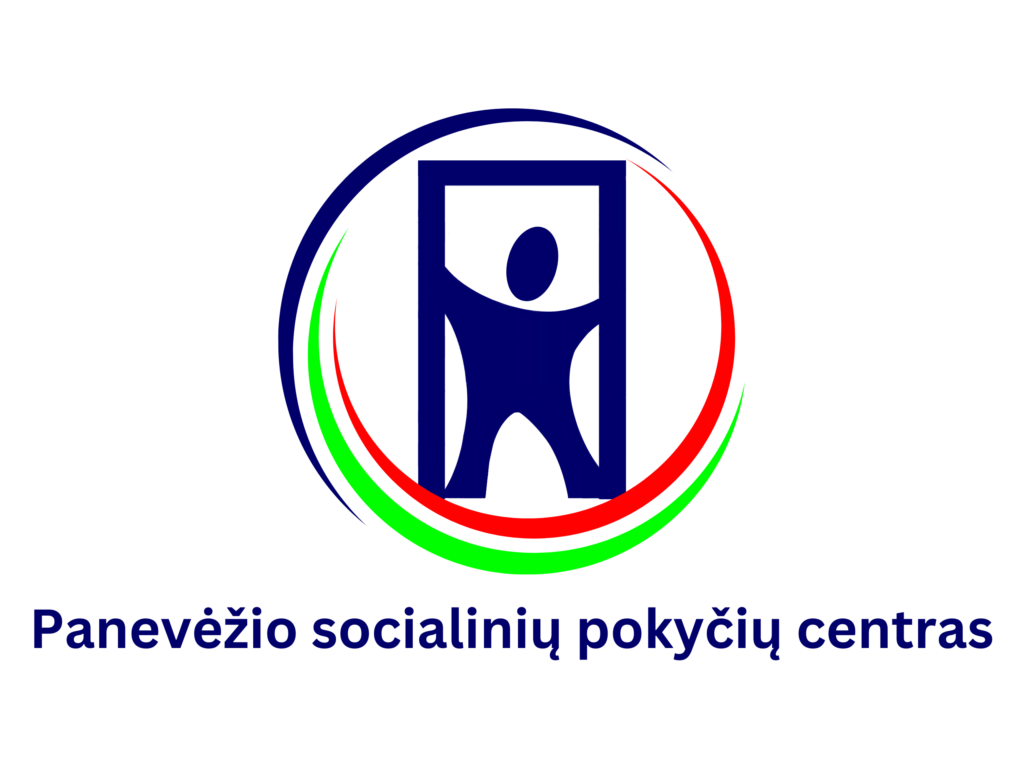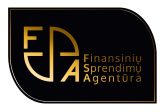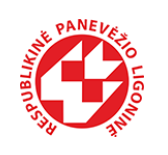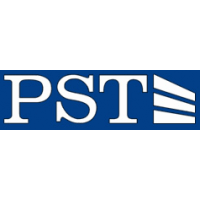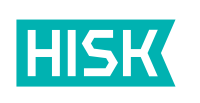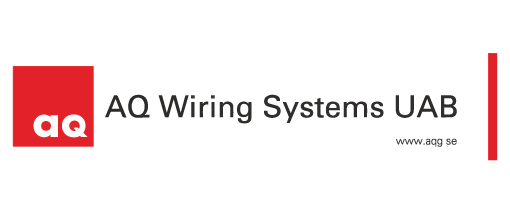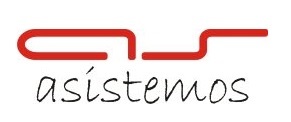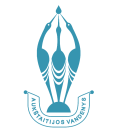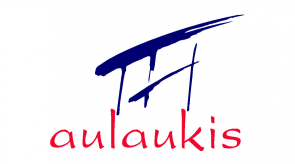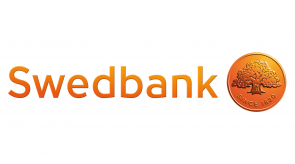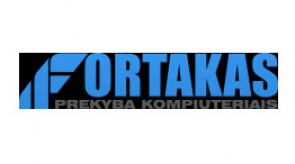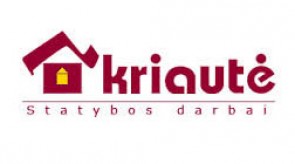Social Work
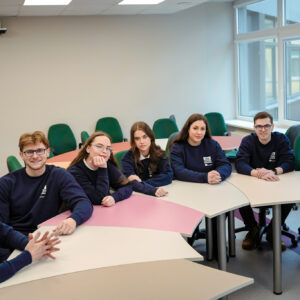 Study mode and duration: full-time (sessions) (3 years), online (3 years), part-time (4 years).
Study mode and duration: full-time (sessions) (3 years), online (3 years), part-time (4 years).
Study programme is carried out: Panevėžio kolegija/State Higher Education Institution, Faculty of Biomedical Sciences.
Degree and professional qualification: professional bachelor of social sciences; professional qualification of social worker.
Volume of study programme in credits: 180 ECTS credits.
Why choose this programme: study programme is to prepare a social worker. The qualification gives access to work autonomously or in team in social care system, health care, education system, internal affairs system institutions, non-governmental institutions, religious community institutions, private sector.
Please check Rules for Admission for foreigners
Study modules (subjects) (full-time studies)
| General modules (subjects) of college studies |
|---|
| Module 1. Introduction to studies (Introduction to studies and ethics of social activity; Introduction to Sociology; Social ecology; Lithuanian and EU social policy) |
| Modules (subjects) of study field |
| Module 2. Professional activity of a social worker (History and theoretical models of social work; Introduction to psychology; Social care and services) |
| Basics of educational science |
| Module 3. Communication (Professional foreign language; Information and communication technologies; Specialty language culture) |
| Social and communication psychology |
| Module 4. Basics of social work |
| Modules (subjects) of study field |
|---|
| Module 5. Social work with clients (Social work with client groups; Ways to overcome social crises; Child and adult welfare) |
| Module 6. Management of social work (Social activity of non-governmental organizations; Social work administration; Management of social business and project) |
| Module 7. Social health and physical wellbeing (Community mental health and safety of social workers; Epidemiology and public health; Social rehabilitation and integration of clients) |
| Social security and human law |
| Electives subjects set by the College |
| PD1 – optional module (subject) foreseen by the order of the Director |
| PD2 – optional module (subject) foreseen by the order of the Director |
| Practices |
| Module 9. Introductory practice “Expression of social work techniques in social work” |
| Modules (subjects) of study field |
|---|
| Scientific applied research in social work. Course paper |
| Family and child law |
| Occupation theory and therapy |
| Specializations/ Alternative modules (subjects) |
| A1 Case management in social work / Mediation in social work practice / Christian social education |
| A2 Social work in health care / Social work with youth / Social work with migrants |
| Practices |
| The main practice “Organization of social work process” (Final module) |
| Final thesis (Final module) |
A1, A2 – alternatively chosen modules (subjects) foreseen by the study field programme committee
This study plan applies from 2022
Study modules (subjects) (part-time studies)
| General modules (subjects) of college studies |
|---|
| Module 1. Introduction to studies (Introduction to studies and ethics of social activity; Introduction to Sociology; Social ecology; Lithuanian and EU social policy) |
| Modules (subjects) of study field |
| Module 2. Professional activity of a social worker (History and theoretical models of social work; Introduction to psychology; Social care and services) |
| Basics of educational science |
| Module 3. Communication (Professional foreign language; Information and communication technologies; Specialty language culture) |
| Social and communication psychology |
| Modules (subjects) of study field |
|---|
| Module 4. Basics of social work |
| Module 7. Social health and physical wellbeing (Community mental health and safety of social workers; Epidemiology and public health; Social rehabilitation and integration of clients) |
| Module 5. Social work with clients (Social work with client groups; Ways to overcome social crises; Child and adult welfare) |
| Occupation theory and therapy |
| Modules (subjects) of study field |
|---|
| Module 6. Management of social work (Social activity of non-governmental organizations; Social work administration; Management of social business and project) |
| Family and child law |
| Specializations / Alternative modules (subjects) |
| A2 Social work in health care / Social work with youth / Social work with migrants |
| Electives subjects set by the College |
| PD1 – optional module (subject) foreseen by the order of the Director |
| Practices |
| Module 9. Introductory practice “Expression of social work techniques in social work” |
A2 – alternatively chosen module (subject) foreseen by the study field programme committee
| Modules (subjects) of study field |
|---|
| Social security and human law |
| Scientific applied research in social work. Course paper |
| Specializations / Alternative modules (subjects) |
| A1 Case management in social work / Mediation in social work practice / Christian social education |
| Electives subjects set by the College |
| PD2 – optional module (subject) foreseen by the order of the Director |
| Practices |
| The main practice “Organization of social work process” (Final module) |
| Final thesis (Final module) |
A1 – alternatively chosen module (subject) foreseen by the study field programme committee
This study plan applies from 2022
At PANKO, studies are built around practice, innovation, and real career opportunities.
- Practice-oriented studies – close cooperation with employers and the use of modern technologies prepare you for today’s job market.
- Small study groups – personal attention and individual support for every student.
- Hands-on learning – modern laboratories, advanced equipment, and real business projects.
- Lecturers with real-world experience – industry professionals from different cities who share up-to-date, practical knowledge.
- Extensive network of business partners – nearly 300 cooperation agreements ensure high-quality internships and open doors to future employment.
- International opportunities – study or complete internships abroad with the Erasmus+ programme for up to 12 months during your studies.
- Comfortable student life – a college dormitory located just a 10-minute walk from the city center.
- A strong and supportive community – lecturers, students, and partners working together to create success.
At PANKO, you don’t just gain knowledge – you turn it into real experience, international exposure, and strong career prospects.
Join the PANKO community — because HERE is the start of YOUR career!
Attention to practice: practical skills are improved during professional practices in social services organizations and other institutions that have the need for social services. In the institutions of social and health care system, education system, internal affairs system, non-governmental institutions, religious community institutions, in the refugee service and private sector.
Opportunities for international studies: students of the programme have the opportunity to study according to the ERASMUS student exchange program.
Career opportunities: graduates may pursue study results if they wish to study at university according to the study programmes of the first cycle. After the bridging courses or having accomplished the requirements of other higher educational institution, students have access to continue studies in the second study cycle with the view to attain master’s degree.
The aim of the programme Social Work – to qualify social work professionals who are able to identify, assess the situation, plan, provide and coordinate social assistance and analyze the process of social support and assess the outcomes applying innovations in their professional activity.
Learning outcomes:
-
A graduate:
- knows the theory and methods of social work, social problems and their expression in the social environment, the principles of professional ethics;
- has knowledge of the development of the social work profession in the country, theories of human behavior and its change, human rights and social justice;
- has the latest knowledge of national and social policy, organization of social work and interprofessional cooperation;
- knows the methodology of applied research, information, communication and assistive technologies and the principles of sustainable development;
- knows the basics of theories of social sciences, humanities and other sciences and will be able to apply them in providing social services to clients;
- has the knowledge to identify the need for social services, provide social services to clients and conduct applied research;
- is able to conduct practice-oriented applied research in social work and interpret the performance of specific institutions providing social services in the context of social policy;
- is able to develop professional activities and implement innovations in social work, apply the results of applied research to solve specific social problems;
- is able to identify, analyze and evaluate the needs and strengths of an individual, family, group, community (client), follow normative acts and institutional documents;
- is able to develop a person’s social, hygienic and work skills, to predict the possible occurrence of social problems in the community;
- is able to plan, provide and document social services, assess their impact on the client, apply various methods of social work and build a relationship based on mutual trust with the client;
- is able to represent clients’ rights and interests, use internal and environmental resources, motivate and empower the client for self-help;
- is able to prepare and implement client support plans, social projects for institutions at the regional and national level, allocate resources appropriately, evaluate the effectiveness of social services and programs;
- is able to cooperate with representatives of various institutions, organize and provide social services, empower clients and contribute to social well-being;
- is able to analyze and explain the impact of social policy on the consolidation of human rights, reduction of social exclusion;
- is able to follow the principles of social justice, human rights, values of social work and professional ethics in practical activities, to provide insights for the improvement of their implementation;
- is able to communicate and collaborate effectively with clients, colleagues, team members and other professionals, politicians, media, researchers and follow the principles of mutual respect, mutual understanding and agreement, ethical standards;
- is able to express his/her thoughts fluently and persuasively orally and in writing, to communicate effectively in a professional environment and community in Lithuanian and foreign languages;
- is able to discuss relevant professional issues, to seek, develop and strengthen the social work profession;
- is able to reflect, analyze and critically evaluate the professional activities, to understand the importance of lifelong learning;
- is able to make independent decisions when it is necessary to act in a defined situation and rely on professional knowledge;
- is able to collect and systematize information from national and international information sources, use information, communication and assistive technologies, handle confidential information responsibly;
- is able to take care of cognition and improvement of one’s personality, to improve professional qualification, to spread good practice, to create the image of the social work profession.

